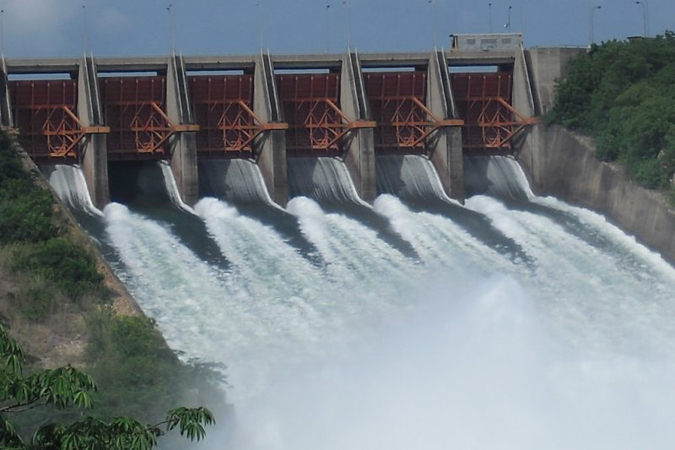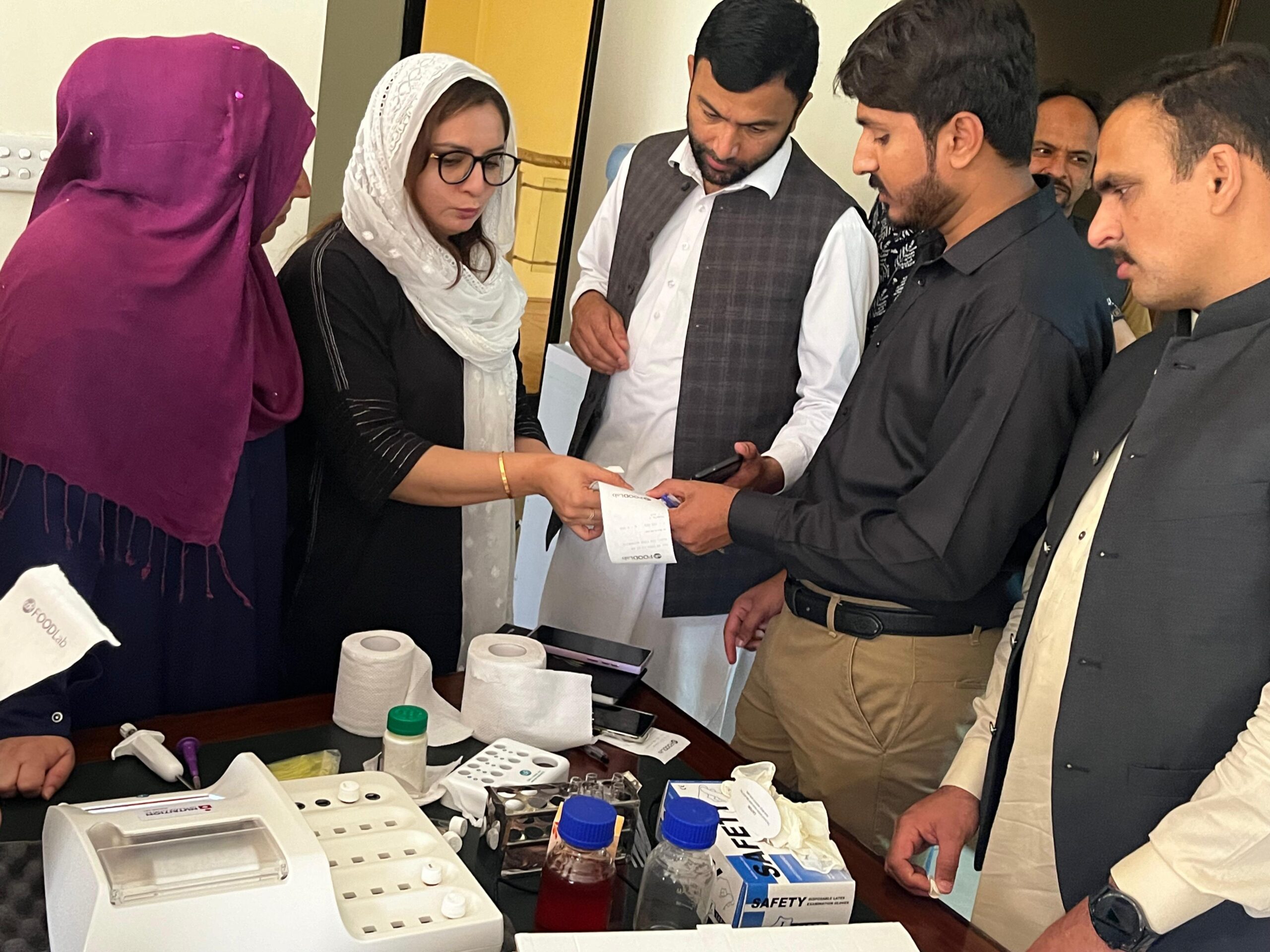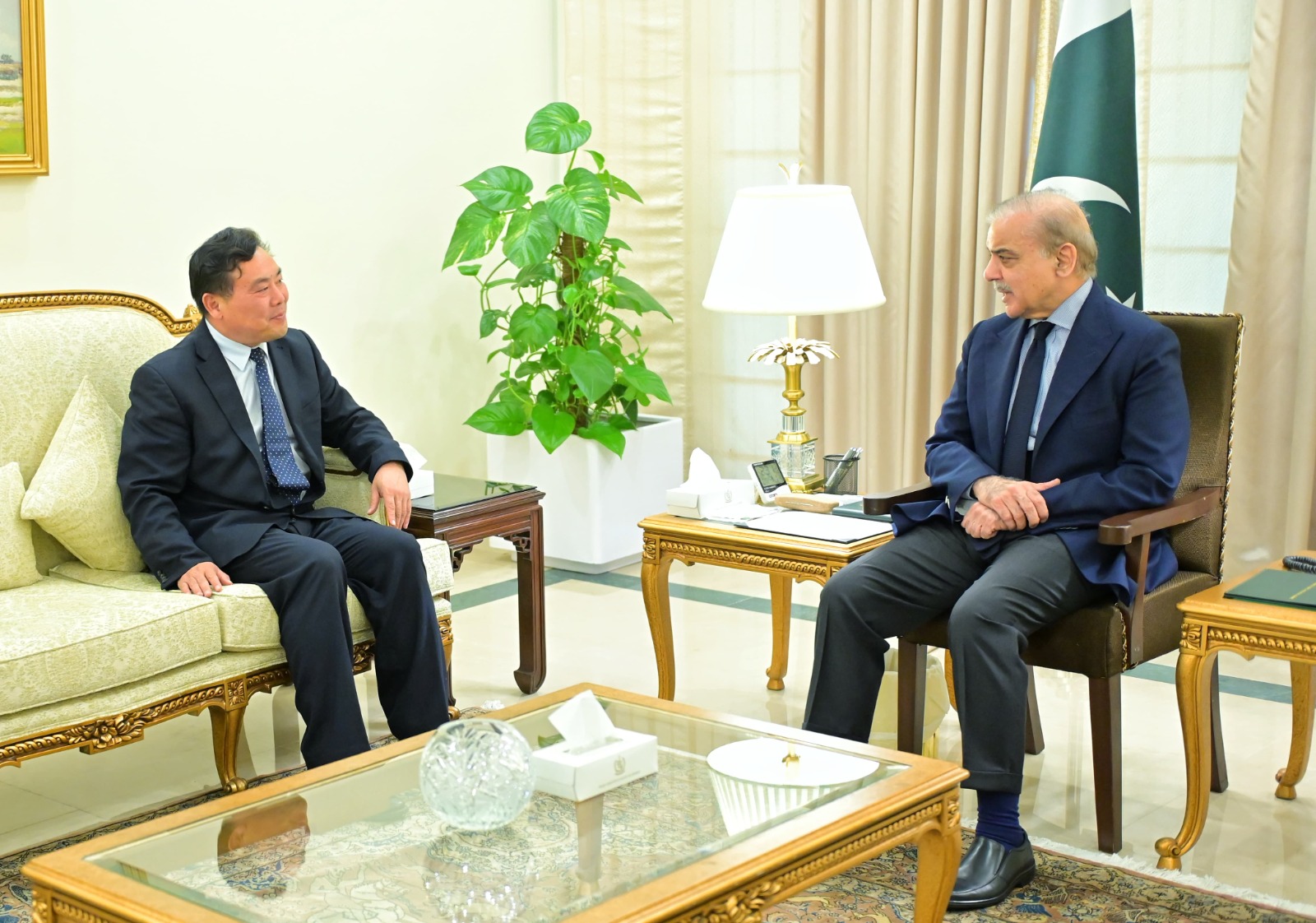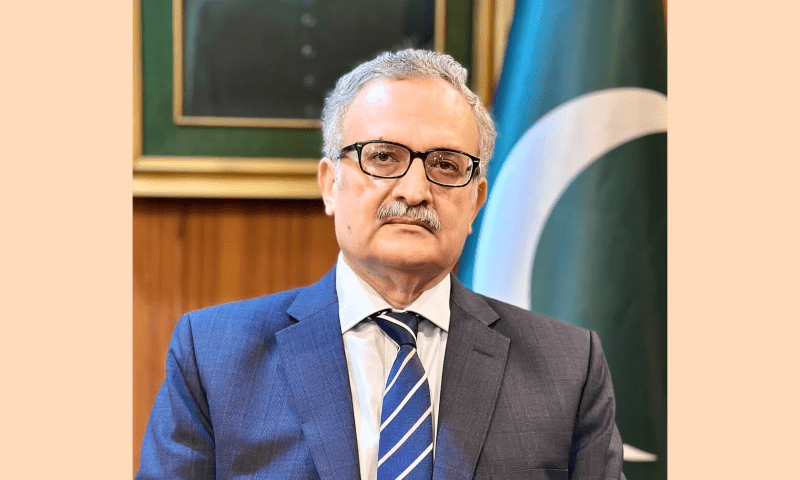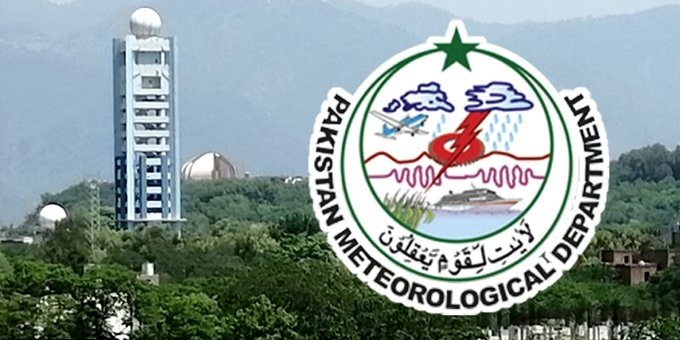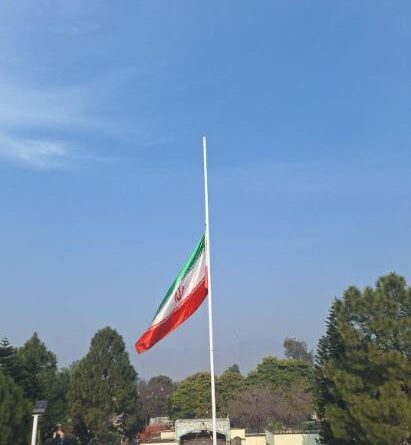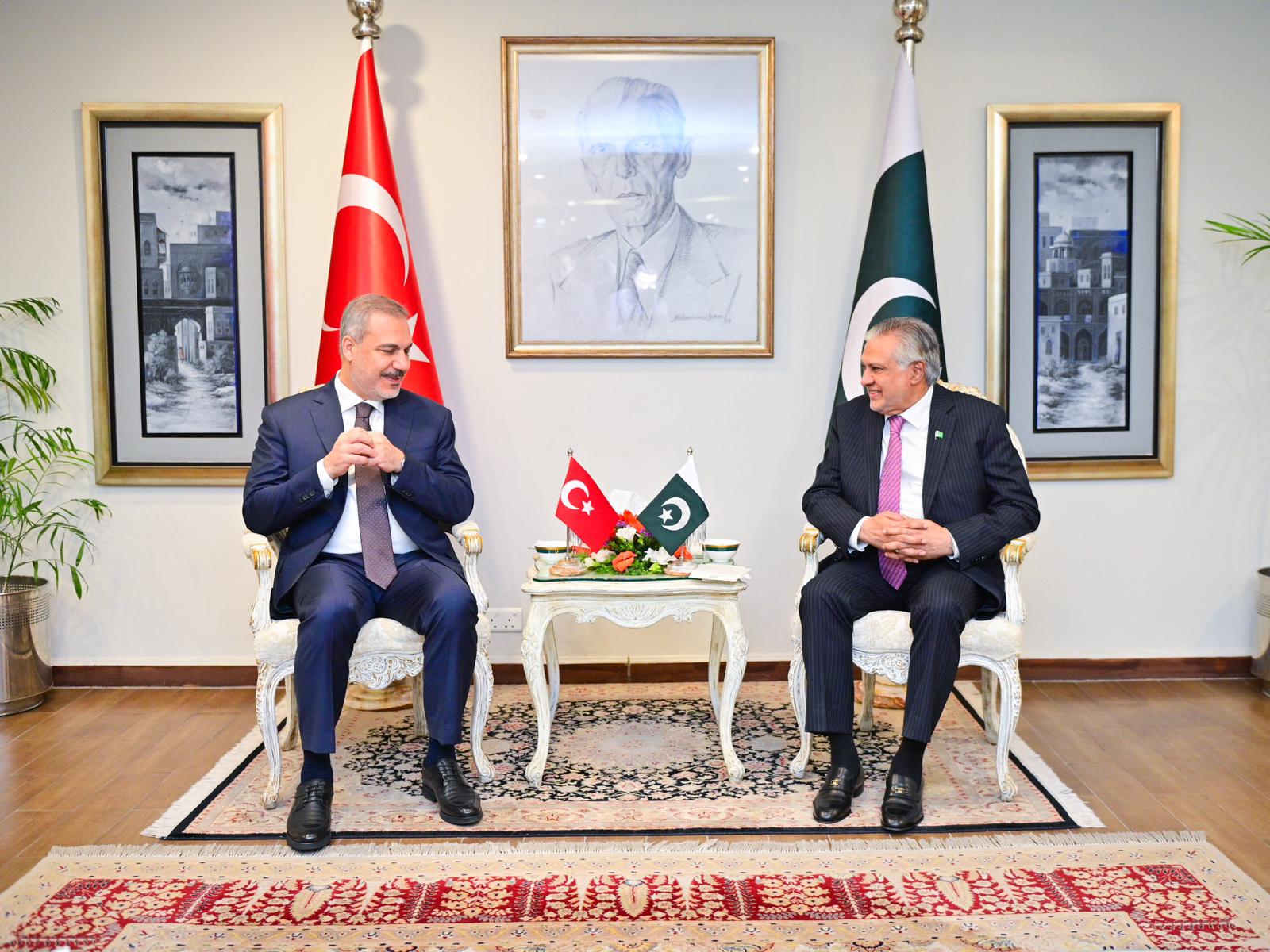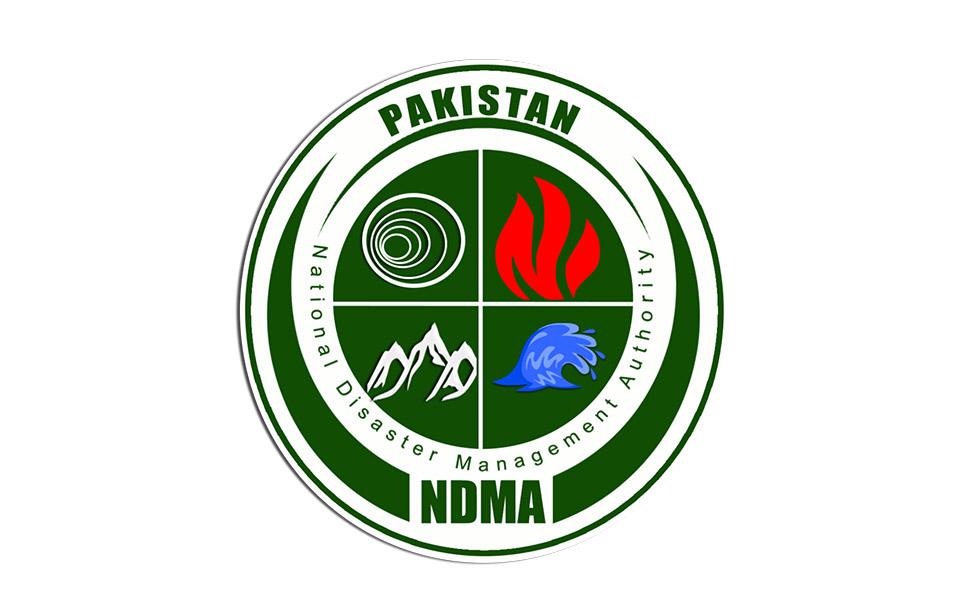Ali Jabir
ISLAMABAD, Jun 10 (APP):The National Disaster Management Authority (NDMA) through its National Emergencies Operation Center (NEOC)’s preemptive information sharing amid heatwave helped achieving zero casuality through coordinated response by all stakeholders resulting 50% reduction in the impact compared to the previous years.
The NEOC achieved remarkable success in accurately projecting and mitigating the impacts of heatwaves across Pakistan in 2024.
“This accomplishment highlights NEOC’s technical expertise and its commitment to safeguarding public health and safety through proactive disaster management,” a senior official of the NDMA told APP.
In early March 2024, the NEOC’s technical team projected a series of heatwave spells anticipated to occur in May and June. Utilizing advanced meteorological models and climate data analysis, the team identified specific periods and regions likely to be affected by extreme temperatures. Recognizing the potentially severe impact on vulnerable populations and critical infrastructure, the NEOC proactively prepared and disseminated comprehensive advisories and guidelines.
By the last week of March, the NEOC issued a comprehensive document on heatwave preparedness and response that included detailed projections of the anticipated heatwave events, pinpointing regions such as Sindh and Punjab as the most susceptible. The document outlined the expected impacts of the heatwaves, emphasizing the increased risk of heat-related illnesses, strain on healthcare facilities, disruptions in daily life, and potential challenges to agriculture and water resources.
An important aspect of the NEOC’s guidelines was the emphasis on a multi-faceted approach to heatwave management. Learning from global best practices, the guidelines incorporated measures such as establishing cooling centers, ensuring an adequate supply of potable water, issuing timely public health warnings, and advising on personal protective actions. Additionally, the guidelines outlined the roles and responsibilities of all concerned departments and communities for a coordinated response.
The document highlighted the importance of community engagement and awareness campaigns to educate the public on recognizing heat-related symptoms and implementing preventive measures. Recommendations for local governments included enhancing emergency medical services, and maintaining communication channels with the public.
“In May 2024, Pakistan experienced two significant heatwave spells, followed by another intense period at the start of June. Thanks to the timely advisories and the thorough guidelines provided by the NEOC, the adverse effects of these heatwaves were substantially mitigated.
Monitoring and feedback mechanisms established by NEOC revealed that the regions which adhered to the guidelines experienced almost a 50% reduction in the impact compared to previous years. Healthcare facilities reported fewer cases of heat-related illnesses, attributed to public awareness and preparedness,” the NDMA official said.
This success story highlights the crucial role of the NEOC and NDMA in disaster preparedness and response. The accurate projection and effective management of the 2024 heatwaves not only safeguarded lives and livelihoods but also reinforced the importance of science-based policymaking and community resilience. The NDMA’s planning, inter-agency coordination, and commitment to public safety serve as a model for disaster management efforts in years to come, he added.
The Authority, in partnership with various non-governmental organisations (NGOs), international non-governmental organisations (INGOs), and Provincial Disaster Management Authorities effectively managed the recent heatwave that threatened the regions of Sindh and Punjab, showcasing a proactive approach to not only mitigate the potential impact but also demonstrate strength of coordinated efforts in disaster management.
Foreseeing the onset of the heatwave, NDMA, along with its partners, took swift and decisive actions to safeguard the most vulnerable populations, including school children and laborers. By utilizing advanced predictive models and leveraging ground-level insights, the authorities were able to implement a comprehensive strategy well in advance of the heatwave’s peak.
To provide immediate relief and protection from the severe heat, heatwave cooling centers were set up across Sindh and Punjab. These centers were strategically located to ensure maximum accessibility for the at-risk groups. Equipped with necessary amenities and staffed by trained personnel, these centers became sanctuaries for those in need.
Understanding the critical importance of medical readiness, ambulances were placed on standby to address any emergencies swiftly. This proactive measure ensured that any heat-related health issues could be treated promptly, reducing the risk of severe outcomes.
The results of these efforts were both impressive and encouraging as only 4,005 patients were admitted to the hospitals and received timely medical attention, out of which, 3,979 patients were successfully treated and discharged.
“Only 26 patients remained under observation, receiving the care they need,” he said.
Despite the challenging conditions, the loss of livestock was limited to 144 animals, reflecting the efficiency of the implemented measures. The success of this initiative underscores the importance of preparedness and collaboration in disaster management.
The NDMA’s collaboration with NGOs, INGOs, and PDMAs exemplifies how integrated efforts could lead to significant positive outcomes, even in the face of natural calamities. The effective management of the heatwave across Sindh and Punjab highlights the potential of such partnerships in enhancing resilience and safeguarding communities. As we look to the future, this success reinforces our commitment to continued vigilance and cooperation, ensuring that we are always prepared to protect our most vulnerable populations from the challenges that lie ahead.
مضمون کا ماخذ : لاٹری جیتنے کی چانسز
